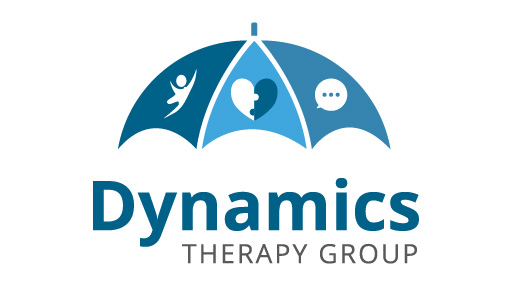
This is a common question asked by many new therapists prior to starting their career, either in Occupational Therapy (OT) or Speech-Language Therapy (SLT). There is, however, no cut-and-dried answer to this question since there could be multiple factors, that are unique to you, to consider.
It would be advantageous to first find out more about the different sectors and what they offer before deciding on which sector suits you best.
According to the Singapore Ministry of Health’s Allied Health Professions Council (AHPC)’s latest Annual Report, as of 31 December 2020, there was an 8.6% growth in the number of Speech Therapists in the private sector and about 1.7% in the public sector since 2019. As for Occupational Therapists, the number has grown by 1.2% in the private sector and 0.2% in the public sector.
When it comes to service standards, there should be no major discrepancy in the quality of service provided by therapists in the public sector and their counterparts in the private sector. This is because all Occupational and Speech-Language Therapists practising in Singapore have to be registered with and are regulated by the Allied Health Professions Council (AHPC). This professional board ensures that the allied health professionals adhere to the professional practice standards, code of conduct and ethics under the Allied Health Professions Act (AHPA).
There are, however, other distinctive features that differentiate the public and private healthcare sectors. Let us dive in to learn more.
The Public Healthcare
The public healthcare sector is managed by the Singapore government. It is made up of polyclinics and restructured hospitals, such as Tan Tock Seng Hospital and Singapore General Hospital.
Pluses for therapists:
- Meet and work with patients from all walks of life, as these hospitals/clinics provide a wider range of services
- Ample opportunities to hone skills and be involved in researches
- Team support is readily available due to a large manpower base
- Easy access to multidisciplinary support under one roof
However, patients’ waiting times at these hospitals and polyclinics can be exceptionally long. It was also reported that from January to November 2020, the median waiting time for an appointment at public hospitals’ Specialist Outpatient Clinics ranged between 24 and 35 days, with a longer waiting period for certain months due to COVID-19. Furthermore, the long line of patients to meet and extended waiting time can lead to a shorter consultation/therapy session per visit and longer intervals between sessions.
As a result, therapists at these hospitals or clinics experience a fast-paced work environment, and this also means that the therapists do not have the luxury of time or flexibility to delve into individual cases.
The Private Practice
The private sector comprises independently run hospitals, centres, schools, and clinics. This sector does not include non-governmental organisations (NGOs) or Social Service organisations, which are separately categorised under the Social Service Sector in Singapore.
Pluses for therapists:
- Access to better amenities and up-to-date equipment
- Provide clients with more personalised attention due to shorter/no waiting time, which also leads to higher client satisfaction
- Meet clients regularly due to shorter intervals between sessions
- More flexibility in managing own time and workload, which allows the therapist to learn and adjust at a comfortable pace
- Competitive salary and benefits
Some private practitioners may, however, encounter manpower challenges due to limited support and resources.
At Dynamics, we have enhanced our efficiency with a robust pool of therapists and an in-house multidisciplinary team of professionals. These advantages, unique to Dynamics, have allowed us to better support diverse and evolving needs.
Public vs. Private—how to choose?
There is no definite answer or rigid formula to this. What works for one therapist might not work for another. Make it your own by taking time out to think about your career priorities, with the benefits and limitations of each sector in mind.
Some reflective questions you can ask yourself are:
- What are your vision, goals and aspirations as an Occupational/Speech-Language Therapist?
- What are the qualities that are important to you at this point—training and experience opportunities, pay, etc.?
- Who are the people you wish to make a positive impact on in your line of work?
- What is your working style?
- What is your preferred working environment?
- What is your learning pace?
And even considerations, such as the location of workplace and work hours.
Whichever sector you decide on, a meaningful career in OT/SLT enables you to reach out to, and make a positive and significant difference in the lives of countless individuals and their loved ones.




